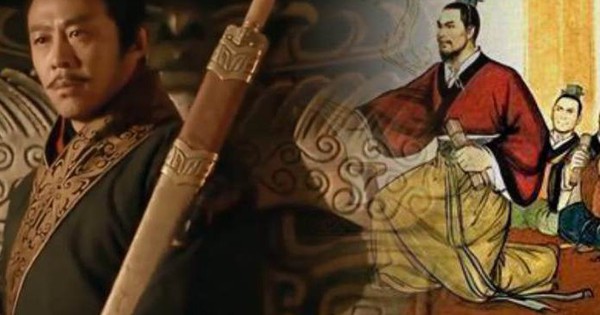**Title: Why Did Shang Yang Want Everyone to Become a “Dishonest Commoner”?** **Content:** Shang Yang encouraged citizens to report on each other. Shang Yang’s reforms can be divided into two phases. The first phase took place from 359 BC to 350 BC, focusing primarily on rewarding agricultural efforts, punishing trade activities, honoring military achievements, and suppressing the nobility. This approach meant that by promoting agriculture through rewards, the state gained more taxes and food resources. Shang Yang also praised soldiers for their achievements, promoting anyone who successfully killed enemy troops on the battlefield to a higher rank.
At that time, the Qin state had 20 ranks, and anyone with a title could ride in luxurious carriages and wear fine clothing, with no restrictions on extravagant attire. Conversely, those without military achievements, regardless of their wealth, could only ride in ox carts and wear coarse fabric. This was the prevailing regulation. Shang Yang used this strategy to motivate the Qin army to fight fiercely on the battlefield. Consequently, the Qin soldiers would charge into battle with the ferocity of hungry wolves, eager to claim enemy heads. This reputation led many to describe the Qin army as “ferocious and brutal,” a direct result of Shang Yang’s reforms. Shang Yang introduced another method: he organized households into groups of five (wu) and ten (shi). Each group would monitor the others, and if one household committed an offense, the other nine would be held accountable for reporting it. Failure to report would result in punishment for the entire group, while those who did report would be rewarded with titles as if they had slain an enemy. Through this mechanism, Shang Yang encouraged mutual denunciation among the populace. While reporting on others is often looked down upon, he manipulated this to foster a culture where people would betray their relatives, friends, and neighbors in pursuit of wealth. Shang Yang aimed to control the people by promoting this environment of suspicion, encouraging citizens to turn against one another. But what was his ultimate goal? Why did he view the common people of Qin as “dishonest”? Shang Yang believed that if the populace were virtuous, they would treat each other well, fostering harmony and trust. However, if they were “dishonest,” they would protect themselves from one another, leading to a lack of safety and a reliance on the power of authority for protection. Thus, citizens would become close to those in power. As stated in the “Book of Shangjun”: “Using goodness, the people will be close to each other; using wickedness, they will be close to… the regime.” If everyone were good, the people would be united. If everyone were bad, labeled as “dishonest commoners,” then they would align themselves with the regime. Shang Yang’s goal was indeed to turn the populace into “dishonest commoners.” In order to maintain his control, Shang Yang implemented a series of strict measures, such as prohibiting freedom of thought and speech, as well as restricting the movement of the people. He aimed to reduce them to a state of “dishonest commoners,” weak-minded, impoverished, and ignorant. Shang Yang believed that because the common people were impoverished, he could easily manipulate them with small benefits; their ignorance made them susceptible to belief in whatever they were told. Through his various methods, he transformed the Qin population into cunning, weak, impoverished, and foolish individuals. All of his reforms achieved their intended goals. Some may think that the book burning was solely the work of Li Si or Qin Shi Huang, but in fact, during the second round of reforms in 350 BC, Shang Yang ordered the burning of classics like the “Book of Songs,” “Book of Documents,” and other philosophical texts. Through these reforms, Shang Yang turned the common people of Qin into a group solely focused on warfare. At this point, he looked outward, believing it was time to use military force to conquer other states. Thus, Qin gradually became an aggressive power intent on conquest.
